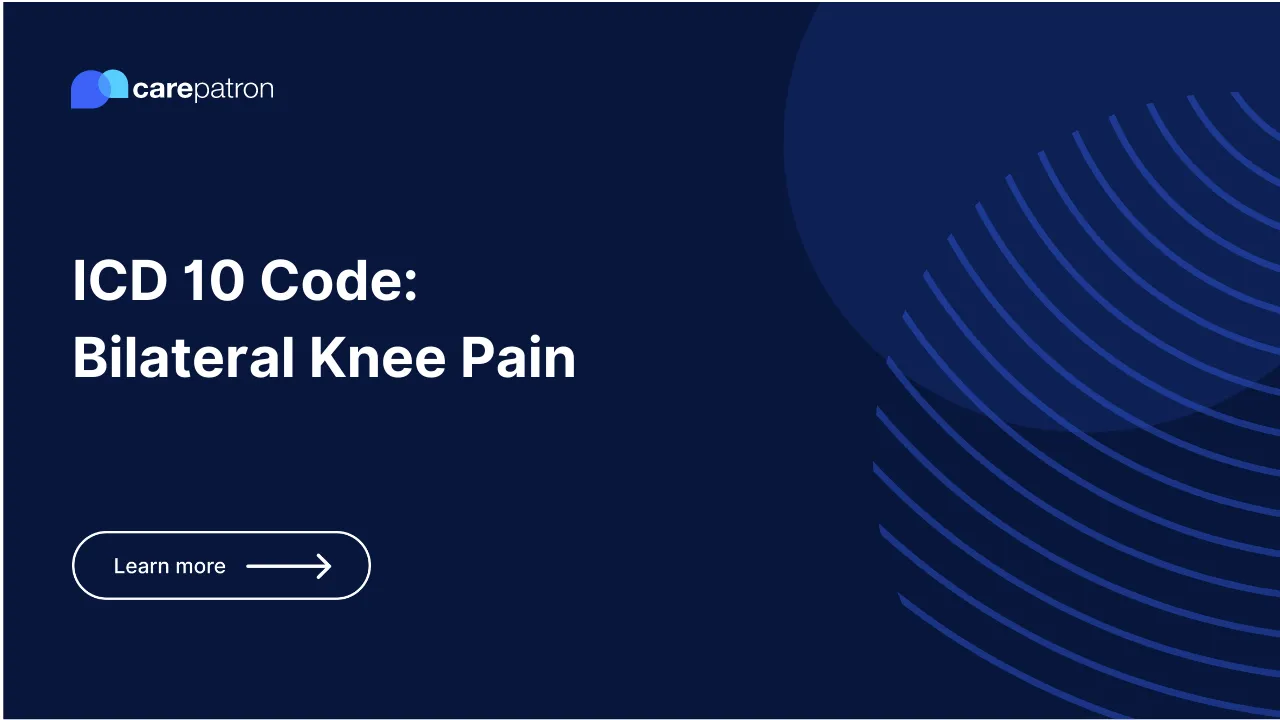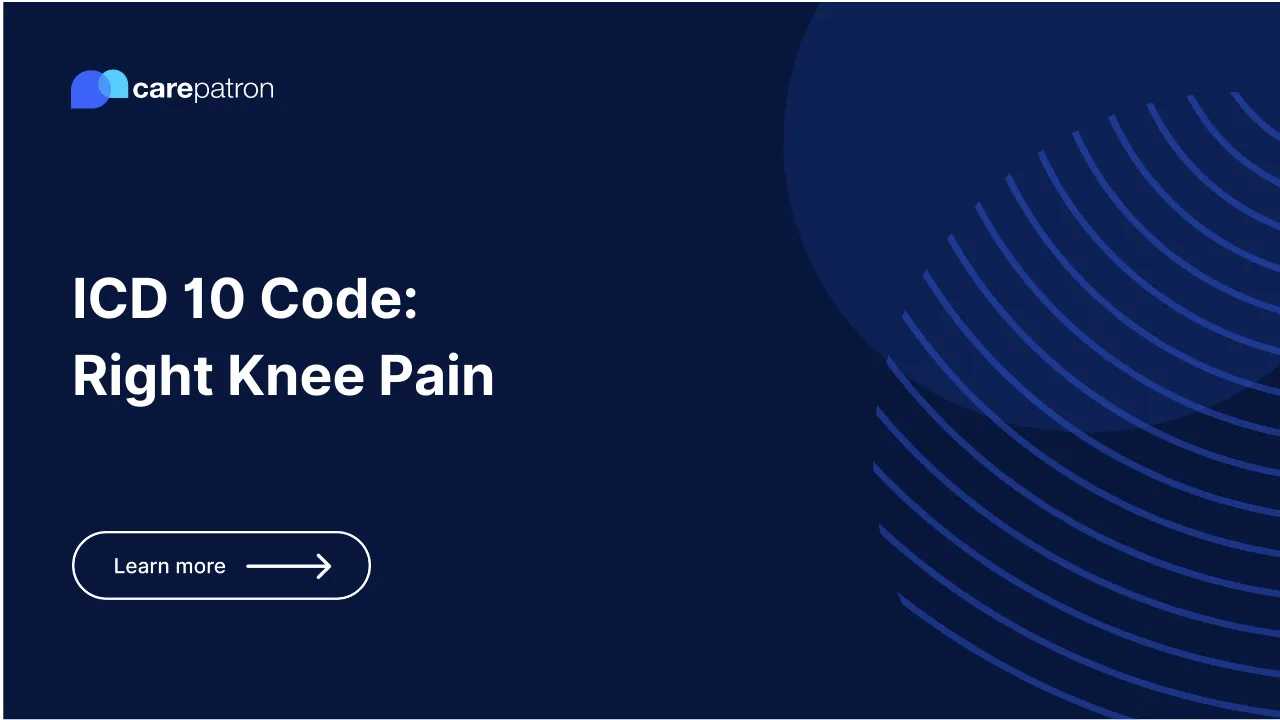Muscle Spasm ICD-10-CM Codes
Delve into the detailed guide on Muscle Spasm ICD codes for 2023. Understand the codes, their billability, and their clinical significance.

What ICD Codes Are Used for Muscle Spasms?
When addressing Muscle Spasm, it's essential to be familiar with the specific Muscle Spasm ICD codes for accurate clinical documentation and billing. Muscle spasms are sudden, involuntary contractions of one or more muscles. Here are some commonly used ICD codes related to this condition:
- M62.830 - Muscle spasm of back: This code is used when the muscle spasm is located in the back region.
- M62.831 - Muscle spasm of calf: Represents cases where the muscle spasm is in the calf.
- M62.838 - Muscle spasm of other site: Used for muscle spasms in areas other than the back or calf.
Using the right codes ensures that patients receive the appropriate care and that healthcare providers are reimbursed accurately.
Which Muscle Spasm ICD Codes Are Billable?
All the ICD codes mentioned for Muscle Spasms are typically billable as they represent specific medical conditions that require intervention. Proper documentation is crucial to ensure accurate billing and prevent potential discrepancies.
Clinical Information
Muscle spasms can be uncomfortable and sometimes painful. Here's what clinicians and patients should be aware of:
- Muscle spasms can occur in any muscle but are most common in the legs.
- Common causes include muscle fatigue, dehydration, and electrolyte imbalances.
- Certain medical conditions, such as nerve disorders and multiple sclerosis, can also lead to muscle spasms.
- Treatment may include stretching, massage, and medications to relieve pain and inflammation.
- Staying hydrated and maintaining a balanced diet can help prevent muscle spasms.
Commonly asked questions
Common triggers include overuse of the muscle, dehydration, muscle strain, or simply holding a position for a prolonged period.
Staying hydrated, stretching before and after exercise, maintaining a balanced diet, and avoiding prolonged static positions can help prevent muscle spasms.
While most muscle spasms are harmless and due to benign causes, recurrent or severe spasms can be a sign of an underlying medical condition. It's essential to consult a healthcare provider if muscle spasms are frequent or persistent.







.webp)
.webp)
.webp)
.webp)
.webp)
.webp)
.webp)
.webp)
.webp)
.webp)
.webp)
.webp)
.webp)
.webp)
.webp)
.webp)
.webp)
%2520(1).webp)
.webp)
.webp)
.webp)
.webp)
.webp)
.webp)
.webp)
.webp)
.webp)
.webp)
.webp)
.webp)
.webp)
.webp)
.webp)
%2520(1).webp)
.webp)
.webp)
.webp)
.webp)
.webp)
.webp)
.webp)
.webp)
.webp)
.webp)
.webp)
.webp)
.webp)
.webp)
.webp)
.webp)
.webp)
.webp)
.webp)
.webp)
.webp)
.webp)
.webp)
.webp)
.webp)
.webp)
.webp)
.webp)
.webp)
.webp)
.webp)
.webp)
.webp)
.webp)

.webp)
.webp)
.webp)
.webp)
.webp)













.webp)
.webp)




.webp)


